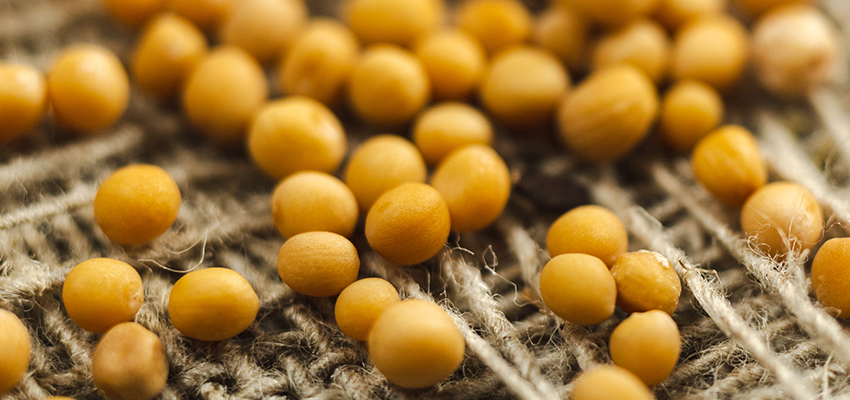AGROLAB LUFA expands its analysis portfolio for allergens with a self-developed and accredited PCR method for the qualitative detection of mustard in food.
Mustard is one of the 14 allergens that must be labelled as food ingredients in the EU and some other countries. The prevalence of food allergies to mustard is increasing and its use in the preparation of various foods and food additives increases the risk of unintentional contamination. In France, mustard is the fourth most common food allergen, probably also because it can be "hidden" in various ingredients, i.e. without being declared.
The DNA of brown (Brassica juncea), black (Brassica nigra) and white (Sinapis alba) mustard is detected simultaneously in our method using a real-time PCR reaction. However, the three mustard varieties are not differentiated, as this is not relevant for allergy sufferers. The detection limit for all three mustard varieties is 5 ppm. The method has been validated in independent proficiency tests and, thanks to our flexible accreditation, now complements our comprehensive range of allergen determination in food.
In contrast to the usual commercial ELISA methods, which use cross-reactive antibodies with rapeseed, our PCR method is characterised by its high specificity. It only shows a generally negligible cross-reactivity of 0.05 % with fenugreek. This method is therefore also ideal for confirming positive ELISA results.
YOUR PLUS: Effective allergen management is part of the safety concept of food companies. Reliable laboratory analysis, as comprehensively offered by AGROLAB, is the basis of every risk analysis.
Authors: Anja Palisch (AGROLAB LUFA), Dr Frank Mörsberger

 Contact
Contact

 Contact
Contact Career
Career